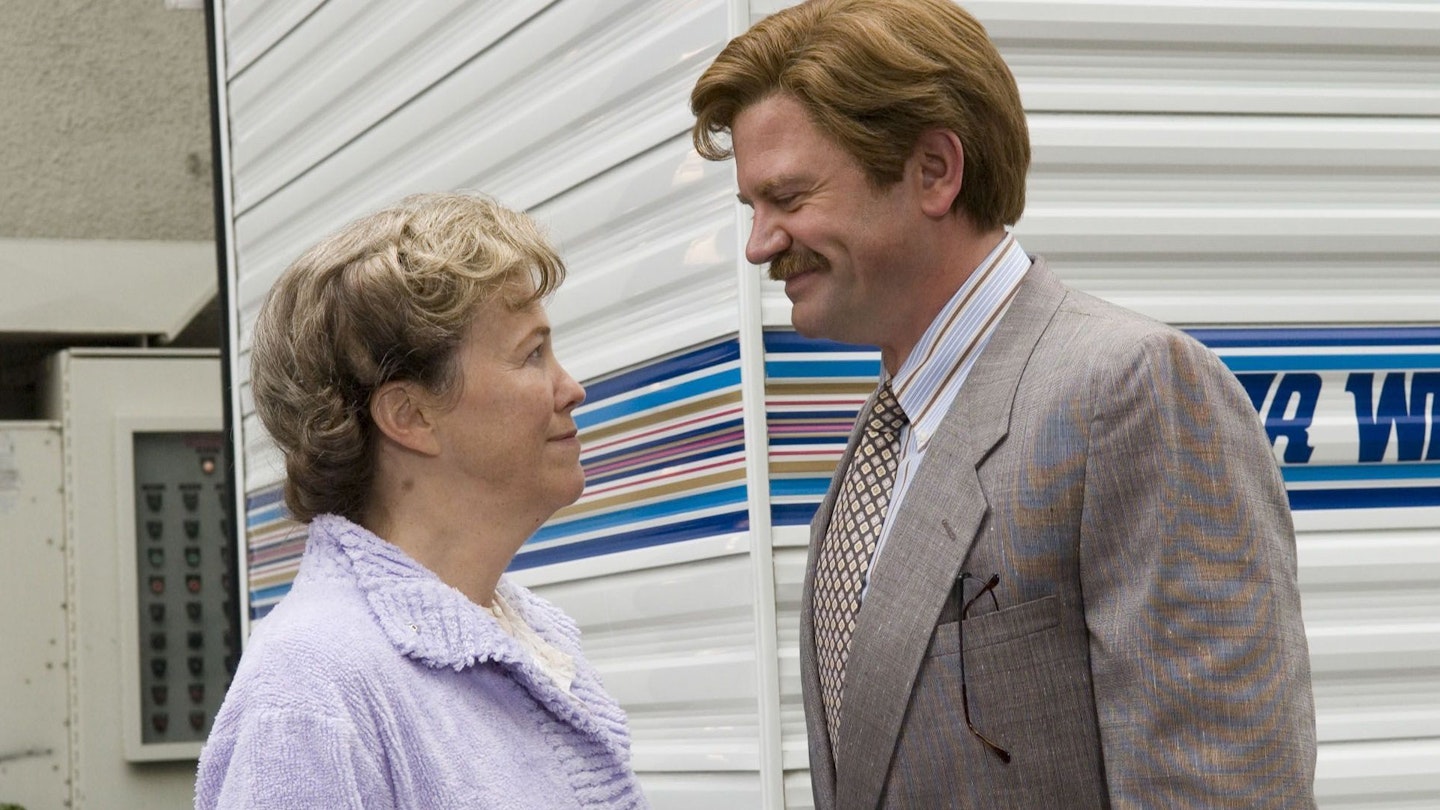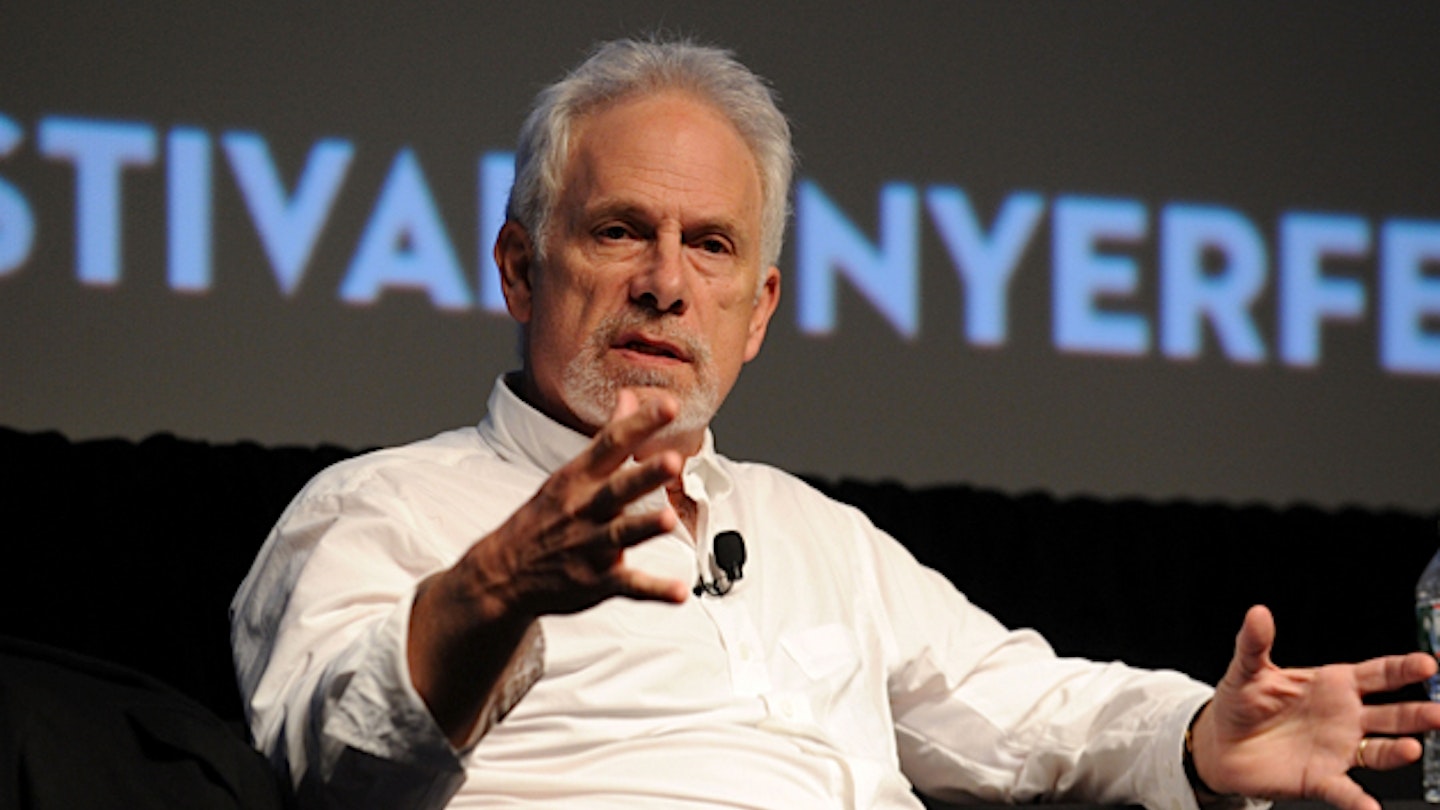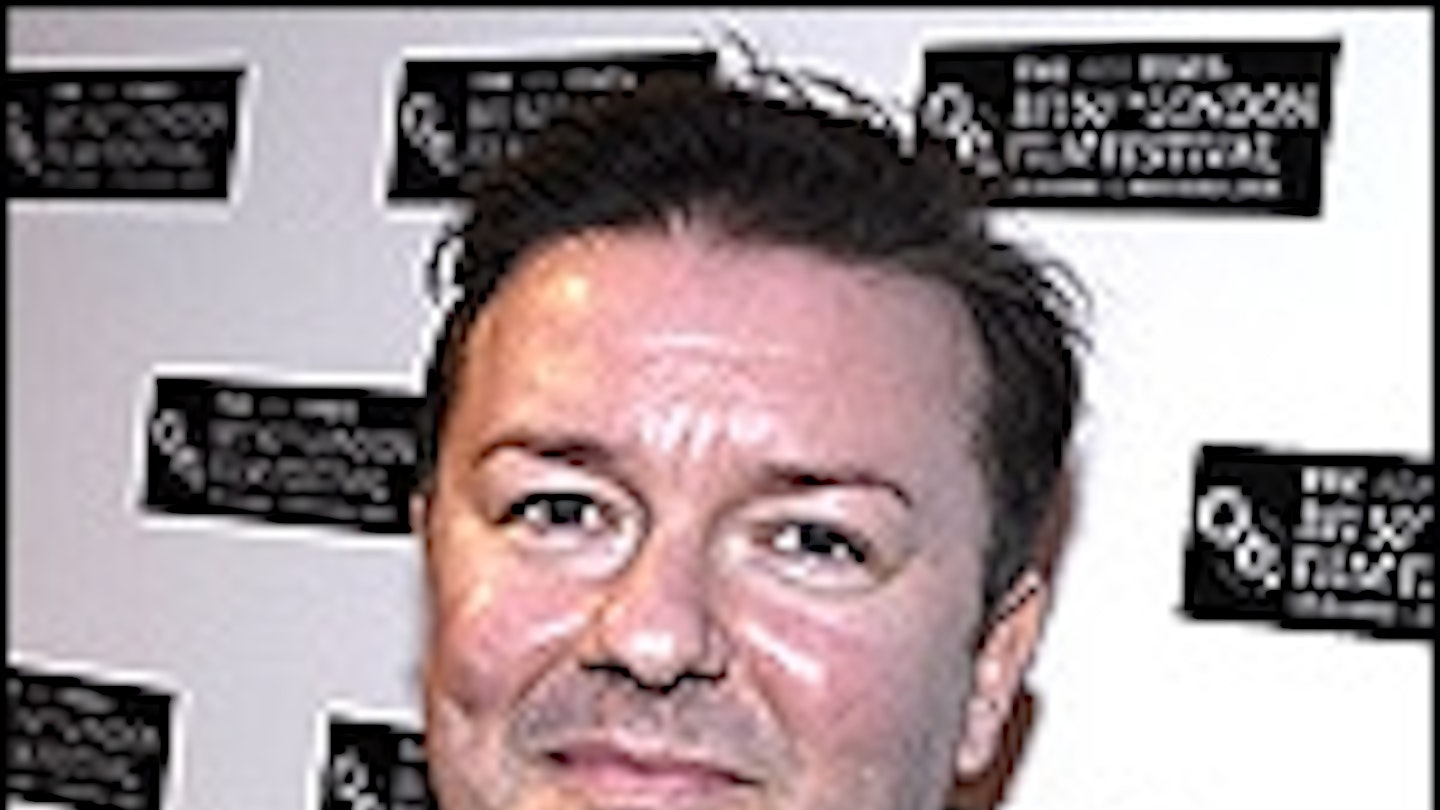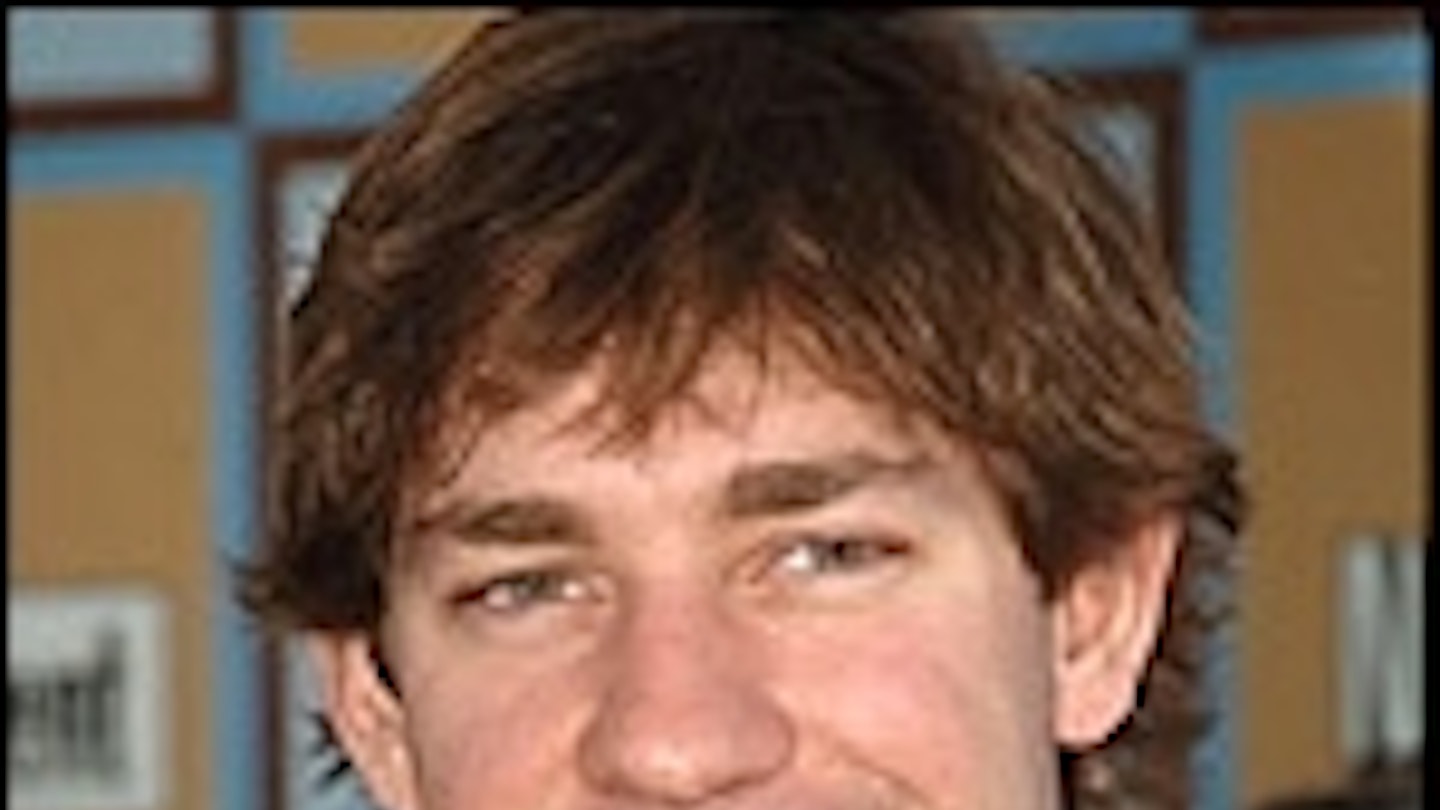Christopher Guest departs from his signature mockumentary style for a ‘straight’ comic narrative of movie folk and naked desperation. The challenge is that there have been so many good movies about movies that he and co-writer Eugene Levy (who also appears as a third-rate agent) are hard-pushed to further take the mickey out of an industry everyone savvy already regards with cynicism.
This jape takes aim at the phenomenon of awards buzz — the political manoeuvring and fantasy frenzy heralding prize-giving season, when hopefuls and the hopelessly delusional position their product for voters’ ‘consideration’. Guest’s best work is rich with affectionate observation that, however ludicrous, has a basis in reality, but this is darker, smart-alecky sniping at obvious targets. The film within a film being made — with Guest as the director — is a just-too-stupid period melodrama, Home For Purim, in which a Jewish family re-unite round Marilyn Hack’s (Catherine O’Hara) dying matriarch, emoting in Deep South accents larded with Yiddish. It’s so inanely bad it’s only funny fleetingly. Ms. Hack and her co-stars (Harry Shearer, Parker Posey) become putty in the hands of an over-excited publicist (John Michael Higgins), with relationships and careers affected by all the artificial hoo-hah.
Guest’s cracking stock company have built up so much gigglesome goodwill they have you laughing prematurely — at the mere sight of Levy’s eyebrows, Michael McKean and Bob Balaban’s dismayed screenwriters, or Jennifer Coolidge teetering in (as a dippy diaper heiress turned producer) — even when what comes out of their mouths isn’t necessarily hilarious. Fred Willard and Jane Lynch earn the biggest laughs as crazed co-anchors of a vacuous showbiz tittle-tattle programme remarkably like much of E!’s output. From a British perspective, introducing Ricky Gervais into the mix (as the interfering studio suit) is more distraction than inspired addition. Many of the funniest odd moments are throwaways, such as a bad ventriloquist weather girl on morning TV, strangely costumed extras in the background, or the utterly terrifying apparition of the brilliant O’Hara’s Marilyn after what must have been the mother of all collagen-injection sessions.



